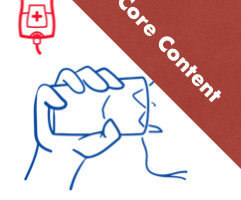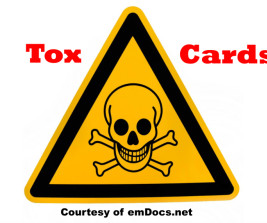But Can You Just PO?
Taming the SRU
DECEMBER 17, 2024
Other conditions that lead to intravascular fluid depletion include but are not limited to starvation/dehydration, vomiting, diarrhea, burns/trauma, hyperglycemia, and hemorrhage. Out of 18 patients receiving ORT, 4 failed to respond well and were escalated to IV therapy. Oral intake is the most preferred method for receiving fluids.































Let's personalize your content